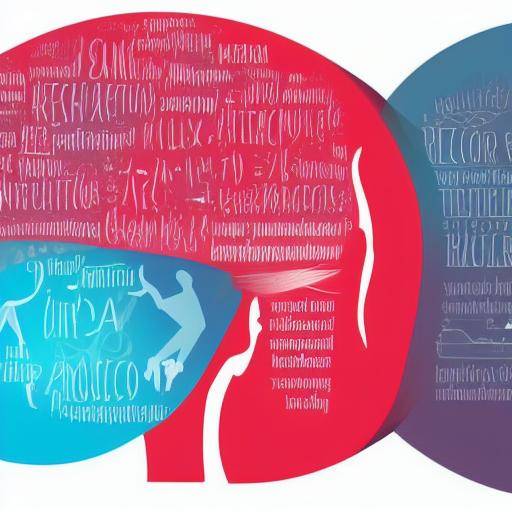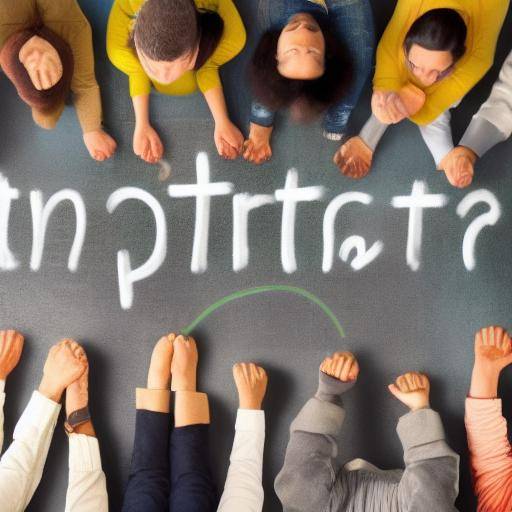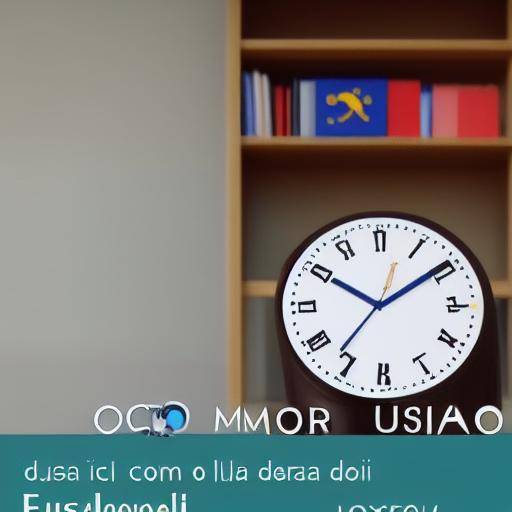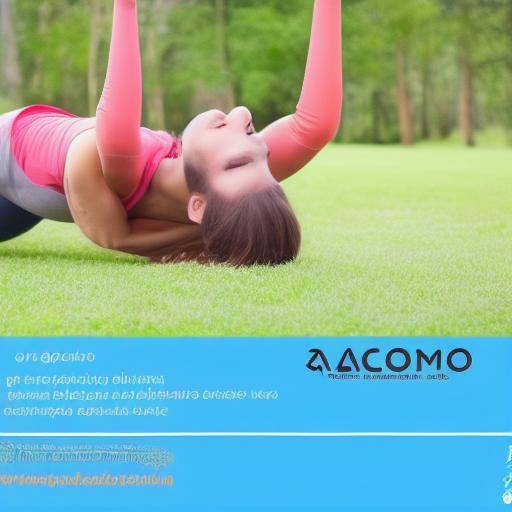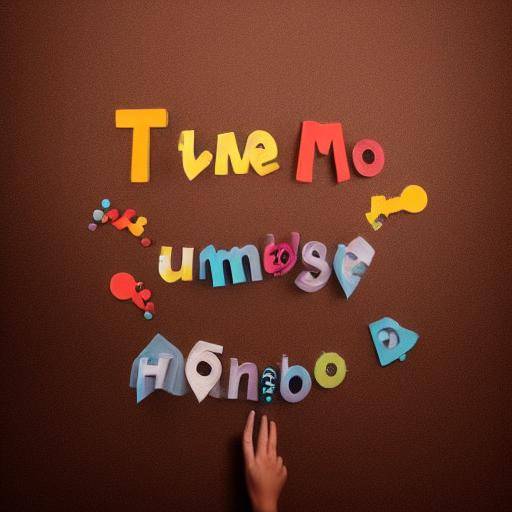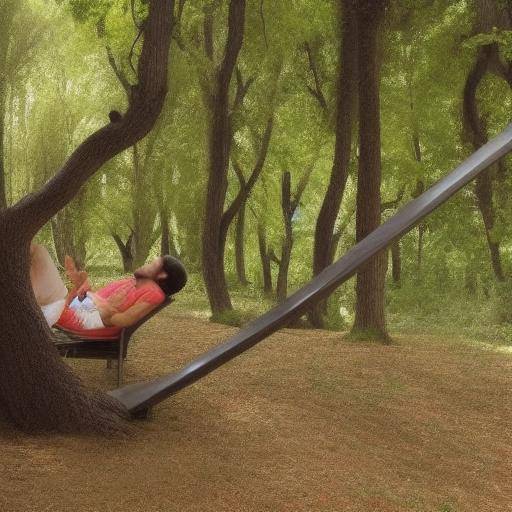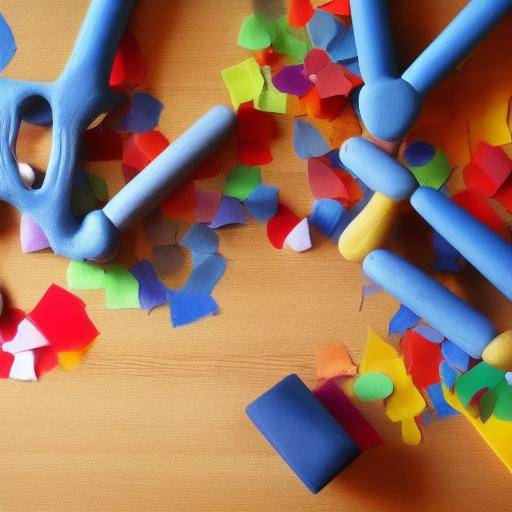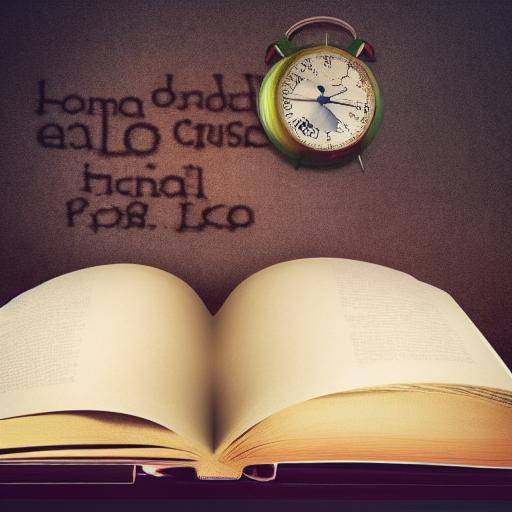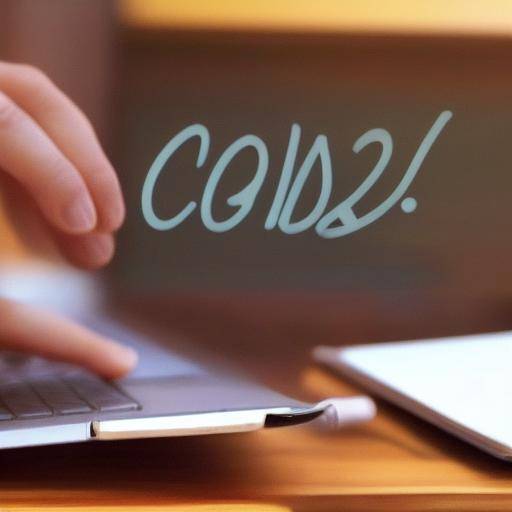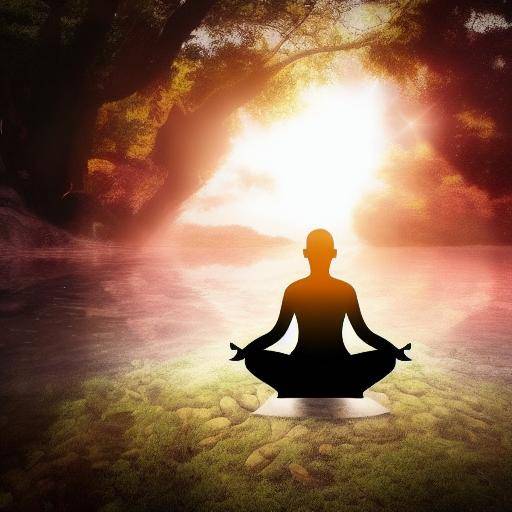
Discover how free time influences your emotional well-being
We live in a world marked by stress and constant activity. Working pressure, family responsibilities and social commitments often leave little room for free time. However, this time is crucial to mental health and emotional well-being. In this article, we will explore in depth the impact of free time on mental health, discovering how to spend time on pleasant activities and relaxation can have significant benefits in our emotional health.
Introduction
Emotional well-being is a fundamental aspect of mental health that encompasses aspects such as the ability to cope with stress, maintain balanced relationships and enjoy life in a full way. Free time, understood as the period in which we are not committed to labor or domestic responsibilities, can become a valuable ally to strengthen our mental health.
In this exploration, we will analyze the historical context and evolution of the concept of free time, the associated benefits and challenges, practical advice to make the most of it, as well as predictions on future trends related to emotional well-being.
Historical Context and Evolution
The concept of free time has experienced significant evolution throughout history. From the establishment of festive days in ancient civilizations to the current labor laws that establish the right to paid holidays, free time has occupied a central place in the lives of people.
The emergence of the struggle movement for an eight-hour working day, led by trade unions and activists in the nineteenth century, marked a milestone in the struggle for balance between work and rest. The notion that free time is a fundamental right for the welfare of workers took strength and expanded globally.
Analysis in Deep
Free time not only offers a space for disconnection and rest, but also promotes creativity, encourages exploration of new interests and promotes the strengthening of personal relationships. In addition, numerous studies have shown that the time spent on recreational and leisure activities is directly related to positive mental health indicators, such as reduced levels of stress and anxiety.
However, it is important to note that free time can also present challenges, especially when it is not managed in a balanced manner. Overexposure to digital stimuli, difficulty disconnecting from work or lack of planning may subtract value to free time, compromising its potential benefit to emotional health.
Comprehensive review
Effective free time management helps improve mental health by providing space for introspection and self-knowledge. The development of hobbies, the practice of physical activities or the simple act of relaxing can act as bastions against stress, providing a way to recharge energies and maintain an emotional balance.
The growth of trends such as slow living and the search for meaningful experiences rather than material accumulation reflects a greater awareness of the importance of free time in the integral well-being of people.
Comparative analysis
By comparing the concept of mental health, free time and emotional well-being, we can identify their interconnections and how they mutually influence the quality of life. Mental health is benefited by proper management of free time, and emotional well-being is strengthened when time is spent on pleasurable and enriching activities.
Practical Tips and Accessible Recommendations
To maximize free time for emotional well-being, it is essential to establish clear limits between work and leisure, prioritize activities that generate personal well-being, such as physical exercise practice, reading, contact with nature or the development of artistic skills.
Conclusion
Free time is an essential component of maintaining an emotional balance and fostering mental health. By managing it consciously, we can enhance positive suimpact in our quality of life. It is crucial to recognize the importance of booking time for rest and recreation, not only as a luxury, but as a fundamental component of a healthy lifestyle.
FAQs
Q: What is the importance of free time for mental health?
Free time provides a space for the disconnection of labor stress, self-exploration, the development of hobbies and personal relationships, which contributes significantly to emotional well-being and mental health.
Q: Can excess free time be harmful to mental health?
Excess free time, especially if not managed in a balanced manner, can lead to loss of structure, social isolation and lack of purpose, which can negatively impact mental health.
Q: How can I make better use of my free time to improve my emotional health?
Effective management of free time implies prioritizing activities that promote emotional well-being, such as physical exercise, meditation, contact with nature, search for enriching experiences and digital disconnection.
Q: What role does free time play in preventing emotional exhaustion?
Free time offers a space for rest and recovery, which can prevent emotional exhaustion by providing a breath of stress and labor pressure.
Q: How can free time influence productivity and creativity?
Free time allows you to disconnect and recharge energies, which can increase productivity and enhance creativity by providing the opportunity to explore new ideas and interests.
Q: How can I balance free time with work and family responsibilities?
The balance between free time, work and family responsibilities is achieved through conscious planning, establishing clear limits and prioritizing activities that promote emotional well-being.
In short, free time plays a key role in promoting mental health and emotional well-being. By understanding its impact and learning to manage it effectively, we can cultivate a more balanced and satisfying lifestyle. Dedicating time to pleasant and enriching activities not only nourishes our mental health, but also enriches our vital experience.

